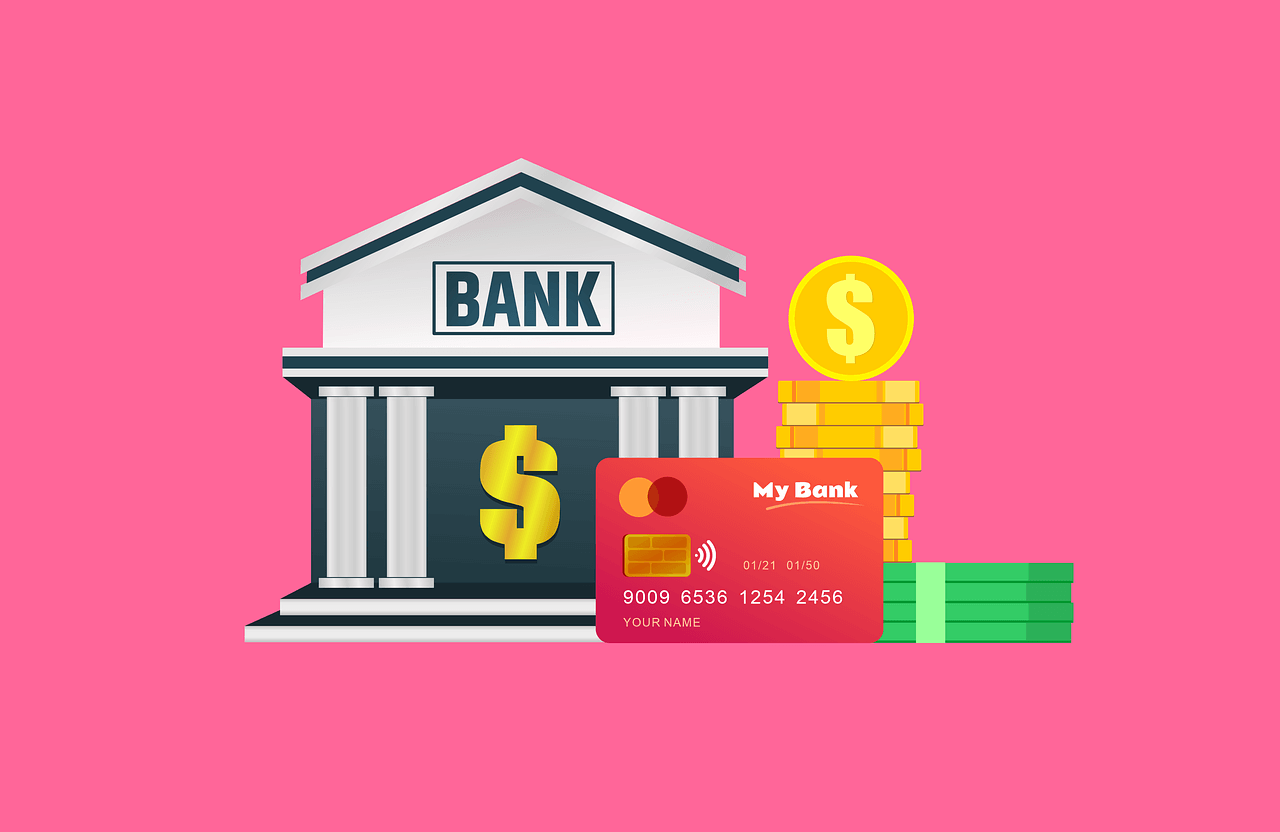There are good ways and bad ways to pay back any debt. Here are the bests ways to repay debt.
Key Points:
- Plan ahead for repaying your debts, and know how much is typical to owe. In 2021, the average payday loan was $375, and the average APR on payday loans is around 400%.
- Budget with an app or manually to ensure you’re putting away funds.
- Prioritize repayments based on collateral, interest, and their importance.
- Seek help if you need it. You could try to extend your repayment plan, or seek help from your employer, a loved one, or a lender if you need to.
When it comes to repaying your debts, it can be overwhelming to manage debts, ensure you have enough money in the bank to fully meet your repayments, and decide which ones should be repaid first if you can’t afford to repay them all.
Repaying your debts fully and according to the terms of your arrangement is a key contributor to a strong credit score, which is central to your financial health.
Put Away Money In Advance
Whenever you take out a loan, you are not only committing to repay that lump sum, but you are also promising to pay back any added interest. You will know exactly how much you owe because it will be outlined in your contract.
You should be fully aware of how much debt you have and how many lines of credit. As you know, you can prepare for repayments by putting away money throughout the year that will amass to how much you owe.
Let’s say you took out a payday loan for $500 with an APR of 400%. Your repayment term is two weeks. The APR, therefore, equates to $76.71, and so you owe a total of $576.71. For each of those two weeks, you need to put away 288.35 (assuming you have no further savings) to ensure you can cover your debts. This is a hefty sum to have to muster up in such a small window. For that reason, it’s sensible to anticipate debt and put money away consistently to prepare you for situations like these.
Budget
To make sure you have disposable money that you can save, you need to watch your spending habits. You can do this by creating a budget to try and control your spending that little bit more.
You could do this simply by using a budgeting app, such as HoneyDue or Mint. These applications are easy-to-use financial tools intended to track spending spots where you could save, and even set up direct debits to your bank account to make saving a thoughtless process.
If you would rather avoid the app side of budgeting, you could create your own spreadsheet to track your in-and-outgoings, and spot patterns yourself.
Prioritize Repayments
Firstly, you should prioritize repayments on secured loans, which declare your assets as collateral. This is because if you fail to meet these payments, your assets could be seized.
You should also base your priorities on interest on loans. The interest rate on loans represents the cost of borrowing, which means that the higher the interest, the more your loan will cost. Therefore, you should pay off the highest interest debts first, as these will be the most expensive if rolled over.
Finally, you should pay off debts that are essential to living. For instance, if you need to pay an electricity bill – that’s key to comfortable living, so should be high on your pecking order.
Avoid Risky Investments to Accrue Repayment Cash
Some people turn to very risky options like gambling, the stock market and trading cryptocurrency. Depending on any of those options can be just too risky to consider. Once you’ve repaid your debt and want to checkout the cryptocurrency market, do you research. Begin by reading What Should I Know to Enter the Cryptocurrency Market?
Ask For Help If You Need It
If you find yourself short on cash and unable to repay your debts, it may be time to ask for some support.
You could seek a payday loan, which, while expensive, can provide you with the fast cash you need if swamped in debt. Just make sure you will be able to repay this, and that you have a plan to do so.
You could ask your employer for a cash advance, which is essentially an early paycheck.
You could ask a loved one for a loan, as these are typically flexible and bear no-to-low interest.
Or you could seek an extended payment plan from your lender themselves. This will provide you with a longer term to pay back your debt, but may be expensive. You should always be open with your lender – after all, they’re trying to help!


